 Client login
Client login
- Blog
- Contact Client login
650 NE Holladay Street,
The Liberty Centre, Suite 1500
Portland, OR 97232
Celebrating Black History Month: Six Notable African-American Economists
In February, we celebrate the history and achievements of African Americans, recognizing and honoring their role in the culture and story of America. Economics and financial services have been among the slowest industries to open their doors when it comes to diversity. With economics so central to the issues facing marginalized populations, hopefully the time is coming when the industry will better reflect those it serves. Despite the disparity, there are many notable African-American economists who have had tremendous impacts, and here we celebrate a few dedicated economic scholars and activists with history-making careers:
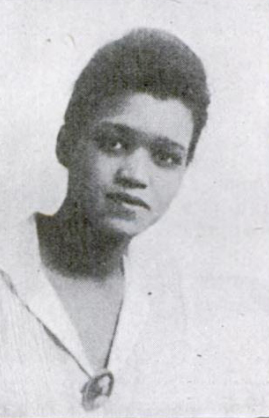
Sadie Tanner Mossell Alexander (1898 – 1989)
Sadie Alexander was the first African-American to earn a Ph.D. in economics in the U.S. Already a pioneer, she was the first woman to receive a law degree from the University of Pennsylvania and the first woman to practice law in Pennsylvania. She came from a distinguished family that included her grandfather Bishop Benjamin Tucker Tanner, editor of the Christian Recorder; her uncle, surgeon Dr. Nathan Mossell, who founded the Frederick Douglass Hospital (now Mercy-Douglass Hospital); and aunt Dr. Hallie Tanner Johnson, who founded Tuskegee Institute Nurses’ School and Hospital.
In her law practice with her husband, Alexander worked to fight against racial injustice and discrimination and employment inequality. She was a founding member of the Lawyers’ Committee for Civil Rights Under Law and served on the board of the National Urban League for 25 years. Sadie also served on the President’s Committee on Civil Rights and the Philadelphia Commission on Human Relations.
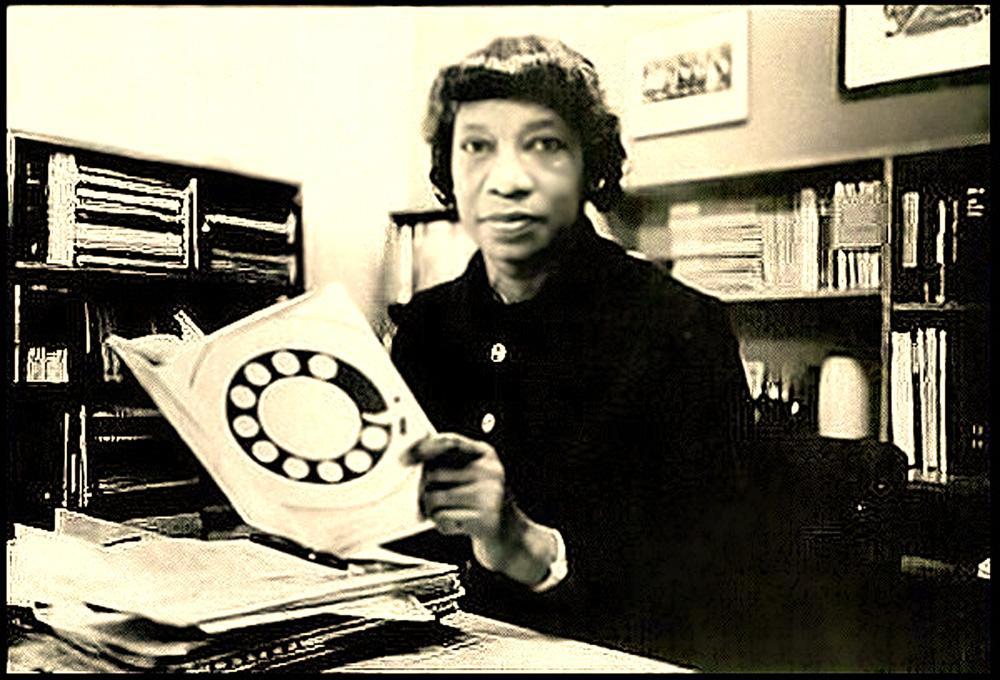
Phyllis Ann Wallace (1921 – 1993)
Dr. Phyllis Ann Wallace was the first Black woman to graduate from Yale University with a doctorate in economics in 1948. She worked at the National Bureau of Economic Research and as a professor of economics at Atlanta University, the College of the City of New York, and later MIT (where she was the first woman to hold the rank of professor at MIT Sloan School). She became a senior economist for the U.S. government, specializing in Soviet economic studies.
She was an original member of the Equal Employment Opportunity Commission (EEOC), established by the Civil Rights Act of 1964 to prohibit discrimination in the workplace, and served as the organization’s chief of technical studies. She was a key player in a precedent-setting federal case against AT&T; the lawsuit ended in a decision that the company – the largest private employer in the U.S. at the time - had discriminated against women and minority men, and AT&T was required to pay millions in back wages and other adjustments.
Dr. Wallace wrote several books and was a lifetime activist, working to change the way the government measured economic research and employment statistics for minority populations. After retiring in 1986, Wallace became the Industrial Relations Research Association’s first Black and female president. The Sloan School endowed the Phyllis A. Wallace Doctoral Fellows Fund, providing support for Black students admitted to the doctoral program, and the Phyllis A. Wallace Visiting Scholars Fund for Black visiting scholars.
Photo source: Black Enterprise
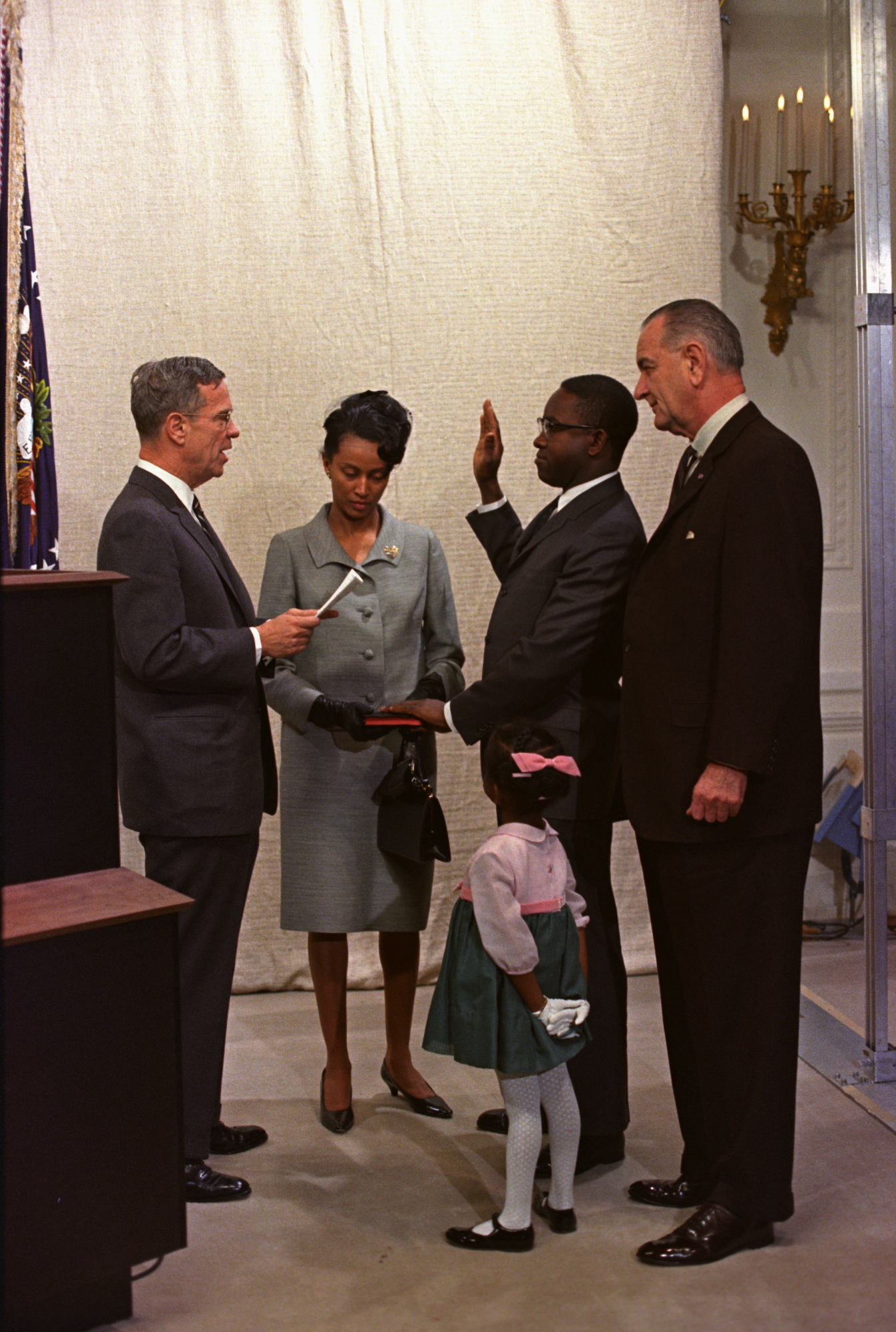
Andrew Brimmer (1926 – 2012)
Born in Louisiana, Dr. Andrew Brimmer earned his Bachelor’s and Master’s degrees in economics from the University of Washington, studied under a Fulbright Scholarship at the Delhi School of Economic in India, and earned his doctorate from Harvard. While working at the Federal Reserve Bank of New York, he also worked with the Sudanese government to establish the central bank of Sudan. Brimmer was an economics professor at several universities, and then became deputy assistant secretary of economic affairs at the Commerce Department under President John F. Kennedy. Brimmer was the first Black member to serve on the Board of Governors of the Federal Reserve, appointed by President Lyndon Johnson.
Dr. Brimmer was an advocate throughout his life for African Americans, working to improve the economic system to provide better support. In 1990, he was awarded the highest award given by the National Economic Association, the Samuel Z. Westerfield Award, “in recognition of distinguished service, outstanding scholarship, and achievemet of high standards of excellence. He was always awarded the Black Enterprise A.G. Gaston Lifetime Achievement Award in 2007.
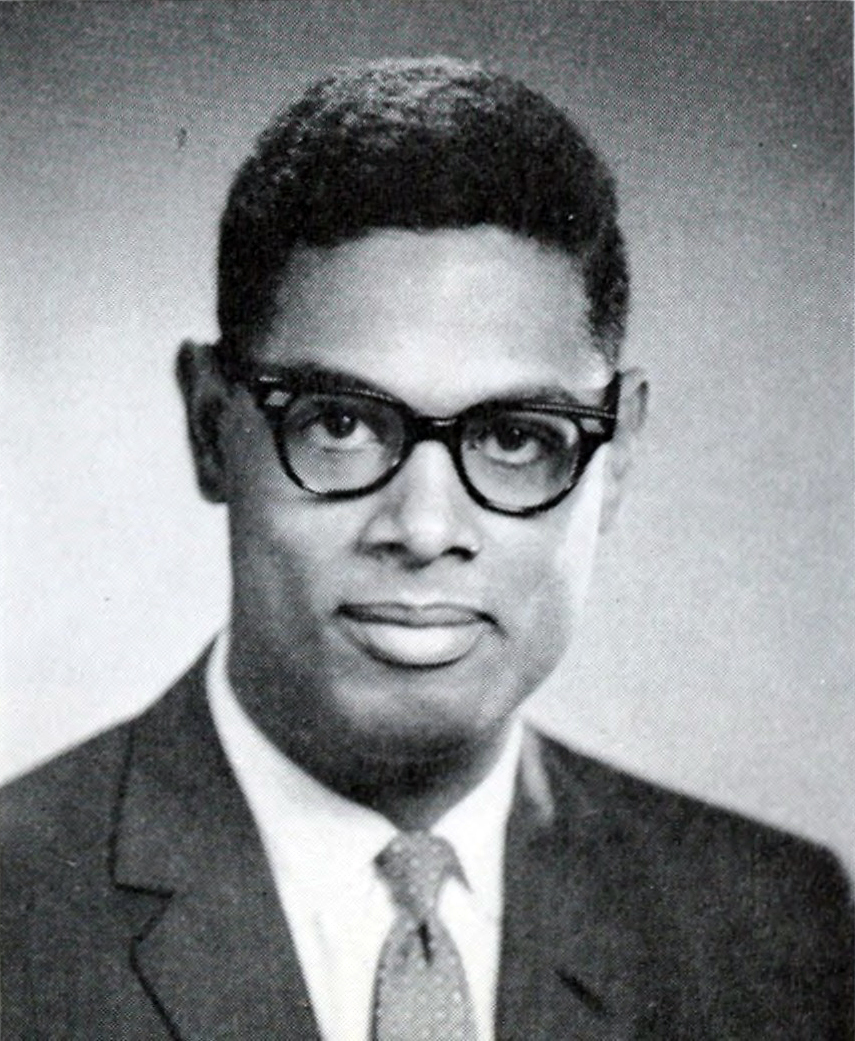
Thomas Sowell (1930 – present)
Thomas Sowell was born in North Carolina and grew up in Harlem, New York. He graduated magna cum laude from Harvard University, earned a Master’s degree in economics from Columbia University, and received a doctorate in economics from the University of Chicago. He has served on the faculty of Cornell University, Amherst College, UCLA, and Stanford University.
Sowell is known as an American economist and social theorist, currently serving as the Rose and Milton Friedman Senior Fellow on Public Policy at the Hoover Institution at Stanford University. He has written more than 45 books on economics, history, social policy, and the history of ideas, as well as a nationally syndicated column that appears in more than 150 newspapers. Sowell has served as project director at the Urban Institute, a fellow at the Center for Advanced Study in the Behavioral Sciences at Stanford, and an adjunct scholar of the American Enterprise Institute.
Thomas Sowell was awarded the National Humanities Medal in 2002 and the Brandley Prize for intellectual achievement in 2003.
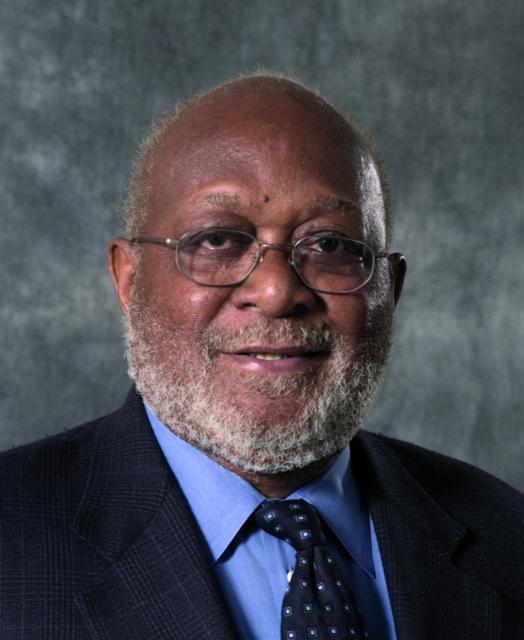
Marcus Alexis (1932-2009)
Dr. Marcus Alexis earned a Master’s Degree in economics from Michigan State University in 1954 and was then the first Black student to earn a doctorate in economics from the University of Minnesota in 1959. He also studied at Harvard and MIT.
After teaching at Macalester College, DePaul University, and the University of Rochester, Dr. Alexis spent three decades as a professor at Northwestern University, serving as the chairman of the economics department at the Kellogg School of Management; he was instrumental in growing the number of minority faculty at Northwestern, and helped encourage minority students to consider economics as a profession.
Dr. Alexis made significant contributions to studies of urban economics and public policy. He was an original member of the Black Enterprise Board of Economists, which worked to improve the economic status of Black people across the globe. He co-founded the American Economics Association’s Summer Program to encourage minority students to study economics. Dr. Alexis was appointed by President Jimmy Carter to the Interstate Commerce Commission. He served as director and chairman of the Federal Reserve Bank of Chicago.
Marcus Alexis was awarded the Samuel Z. Westerfield Award from the National Economic Association, the Outstanding Achievement Award from the University of Minnesota, and an Honorary Doctorate from Brooklyn College.
Photo source: Evanston Photographic Studios
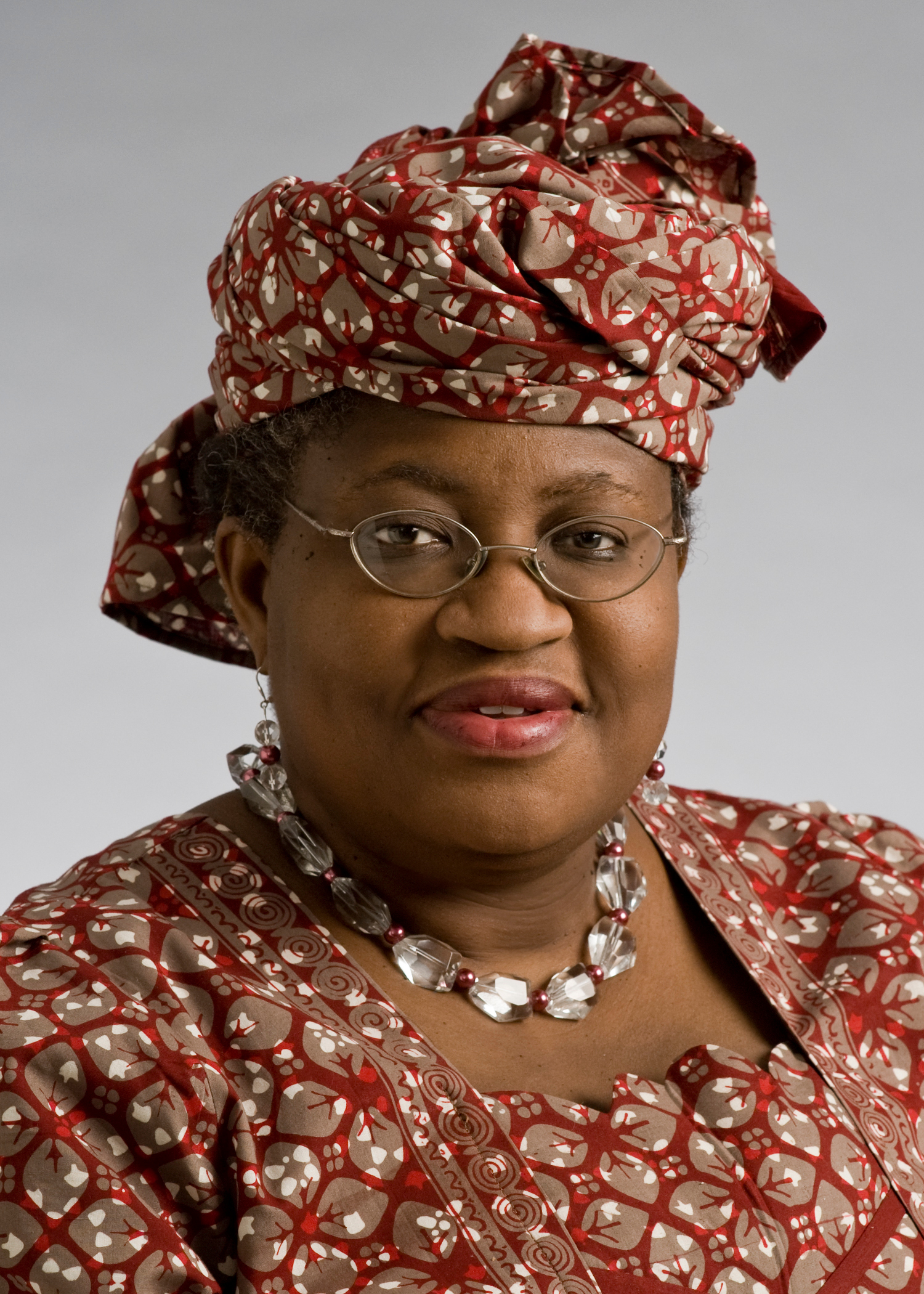
Ngozi Okonjo-Iweala (1954- present)
Ngozi Okonjo-Iweala is the first African and first woman to lead the World Trade Organization as Director-General, where she currently serves. A Nigerian-American economist, she became an American citizen in 2019 but grew up in Nigeria, serving as both Nigeria’s Minister of Finance and Minister of Foreign Affairs, the first woman in both offices. Much of her career has been at the World Bank in Washington, DC as a development economist and managing director; she was responsible for the World Bank’s operational portfolio in Africa, Europe, and South and Central Asia.
Dr. Okonjo-Iweala is a firm believer in the ability of trade to lift countries out of poverty and spur economic growth, and much of her career has been focused on trade reform and expansion. She headed several World Bank initiatives to assist developing countries and in 2010, was Chair of the World Bank’s drive to raise almost $50 billion in grants and low-interest credit for the poorest countries in the world.
Dr. Okonjo-Iweala has been elected to the American Academy of Arts and Sciences and is an Angelopoulos Global Public Leader at Harvard University Kennedy School. She has received the Madeleine K. Albright Global Development Award, the Women’s Economic Empowerment Award, and the Vanguard Award from Howard University, among others. She has been listed as one of the 50 Greatest World Leaders by Fortune Magazine (2015), one of the Top 100 Most Influential People in the World by Time (2014), and one of the Top 100 Most Powerful Women in the World by Forbes (2011, 2012, 2013, and 2014), among other similar titles.
There are many more influential Black economists, and for anyone interested in learning more, we suggest visiting https://academicinfluence.com/rankings/people/black-scholars/economists, which has collated lists of some of the top leaders in the field over the last 30 years.